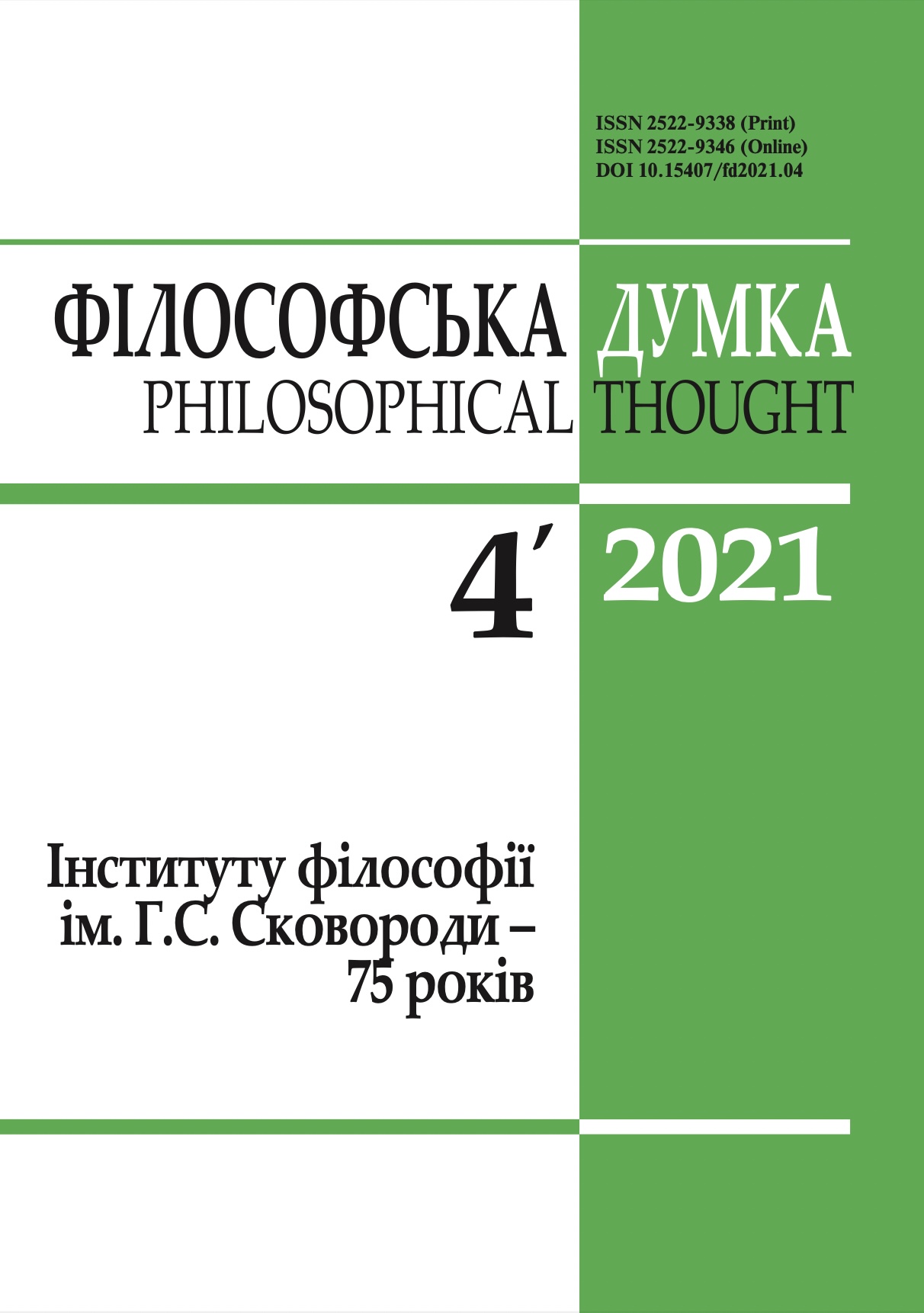Department of Philosophy of Culture, Ethics and Aesthetics: History and Modernity
Main research areas and departments of the Institute
Abstract
The Department of Philosophy of Culture began its work in 1984. In the 1990s, the changing social conditions for the existence of philosophical thought with the acquisition of independence led to the abandonment of the Marxist paradigm of theoretical monopoly on determining the principles and direction of humanitarian thinking. This fundamentally removed the issue of overcoming social reductionism and opened the possibility of new priorities for the study of cultural reality and human understanding.
Since the mid-1990s, the research program of the department has been constantly transformed: there is a transition from understanding the meaning and categorical forms of cultural reality to the analysis of various projections of socio-cultural progress. The research topics are enriched by the study of the problem of national existence, the phenomenon of politics, globalization and civilizational choice, civil society, cultural policy, the phenomenon of violence etc. The theoretical primacy of the ontological approach to culture is preserved, which involves understanding culture as a way of human existence. However, the methodological tools used in research on specific topics are more focused on the specifics of the subject and the experience of its analysis in modern world philosophical thought.
Downloads
-
PDF (Українська)
Downloads: 137
Published
How to Cite
Issue
Section
License
Authors who publish with this journal agree to the following terms:
- Authors retain copyright and grant the journal right of first publication.
- Authors are able to enter into separate, additional contractual arrangements for the non-exclusive distribution of the journal's published version of the work (e.g., post it to an institutional repository or publish it in a book), with an acknowledgement of its initial publication in this journal.
- Authors are permitted and encouraged to post their work online (e.g., in institutional repositories or on their website) prior to and during the submission process, as it can lead to productive exchanges, as well as earlier and greater citation of published work (See The Effect of Open Access).


